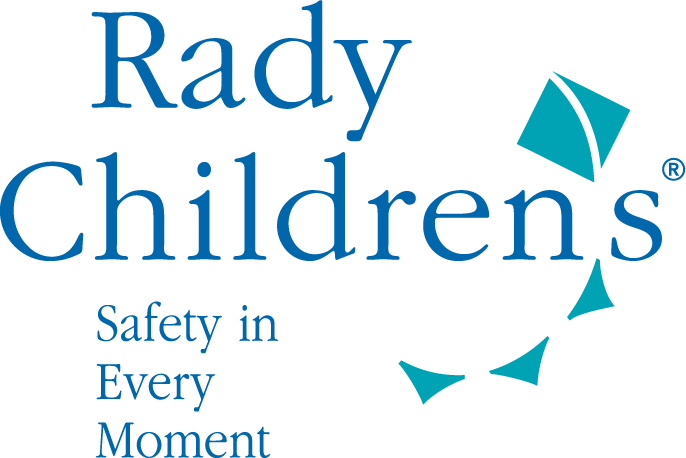Rady Children’s Hospital-San Diego is committed to providing high-quality and safe care to all our patients and families.
 Each year, we:
Each year, we:
- Incorporate the Joint Commission’s National Patient Safety Goals into our practice.
- Proactively seek new and innovative ways to provide the highest quality of care to our patients.
- Monitor quality data to help us evaluate and continuously improve the way we deliver care.
- Compare our results to regional or national standards whenever possible. This helps to better understand how we perform compared to other hospitals.
Quality & Safety Data
Rady Children’s has a robust quality and safety program, and we welcome you to review the following data to see how we’re doing.
Healthcare-associated Infections
Healthcare-associated infections (HAIs) are infections that patients develop during the course of receiving healthcare treatment for other conditions. They can happen following treatment in healthcare facilities, including hospitals, outpatient surgery centers, dialysis centers, long-term care facilities such as nursing homes, rehabilitation centers, and community clinics. They can also occur during the course of treatment at home. They can be caused by a wide variety of common and unusual bacteria, fungi, and viruses. HAIs are the most common complication of hospital care, occurring in approximately one in every 20 patients. For more information, visit https://www.cdph.ca.gov/Programs/CHCQ/HAI/Pages/HAIProgramHome.aspx.
- Central line-associated Bloodstream Infection: A central line-associated bloodstream infection is a serious infection that occurs when germs enter the bloodstream through a central line. A central line is a tube that healthcare providers place in a large vein in the neck, chest, or arm to give fluids, blood, or medications or to do certain medical tests quickly. To see our data, click here.
- Methicillin-resistant Staphyloccocus aureus (MRSA) Bloodstream Infection: Methicillin-resistant Staphylococcus aureus (MRSA) is a type of staph bacteria that is resistant to certain antibiotics called beta-lactams. These antibiotics include methicillin and other more common antibiotics such as oxacillin, penicillin, and amoxicillin. In the community, most MRSA infections are skin infections. More severe or potentially life-threatening MRSA infections occur most frequently among patients in healthcare settings. To see our data, click here.
- Vancomycin-resistant Enterococci (VRE) Bloodstream Infection: Vancomycin-resistant enterococci are specific types of antimicrobial-resistant bacteria that are resistant to vancomycin, the drug often used to treat infections caused by enterococci. Enteroccocci are bacteria that are normally present in the human intestines and in the female genital tract, and are often found in the environment. These bacteria can sometimes cause infections. Most vancomycin-resistant Enterococci infections occur in hospitals. To see our data, click here.
- Clostridium difficile Infection (C. difficile, C. diff, CDI, CDAD): Clostridium difficile is a bacterium that may develop due to the prolonged use of antibiotics during healthcare treatment. Clostridium difficile infections cause diarrhea and more serious intestinal conditions such as colitis. Clostridium difficile can cause gastrointestinal infection; patients can be exposed to this bacterium through contaminated surfaces or the spores can be transferred on unclean hands of others. To see our data, click here.
- Surgical Site Infection: A surgical site infection (SSI) is an infection that occurs after surgery in the part of the body where the surgery took place. The impact on morbidity, mortality, and cost of care has resulted in SSI reduction being identified as a top national priority. To see our data, click here.
Hospital Employee Influenza Vaccination
Healthcare personnel are an important source of transmission of the influenza (flu) virus in the health care setting. The most effective strategy for preventing influenza is annual vaccination. To see our data, click here.
Recognition
Children’s Hospitals’ Solutions for Patient Safety named Rady Children’s the July 2016 Hospital of the Month. Rady Children’s was selected for this recognition for achieving outcomes that provide a safe and healing environment for the children in our care.